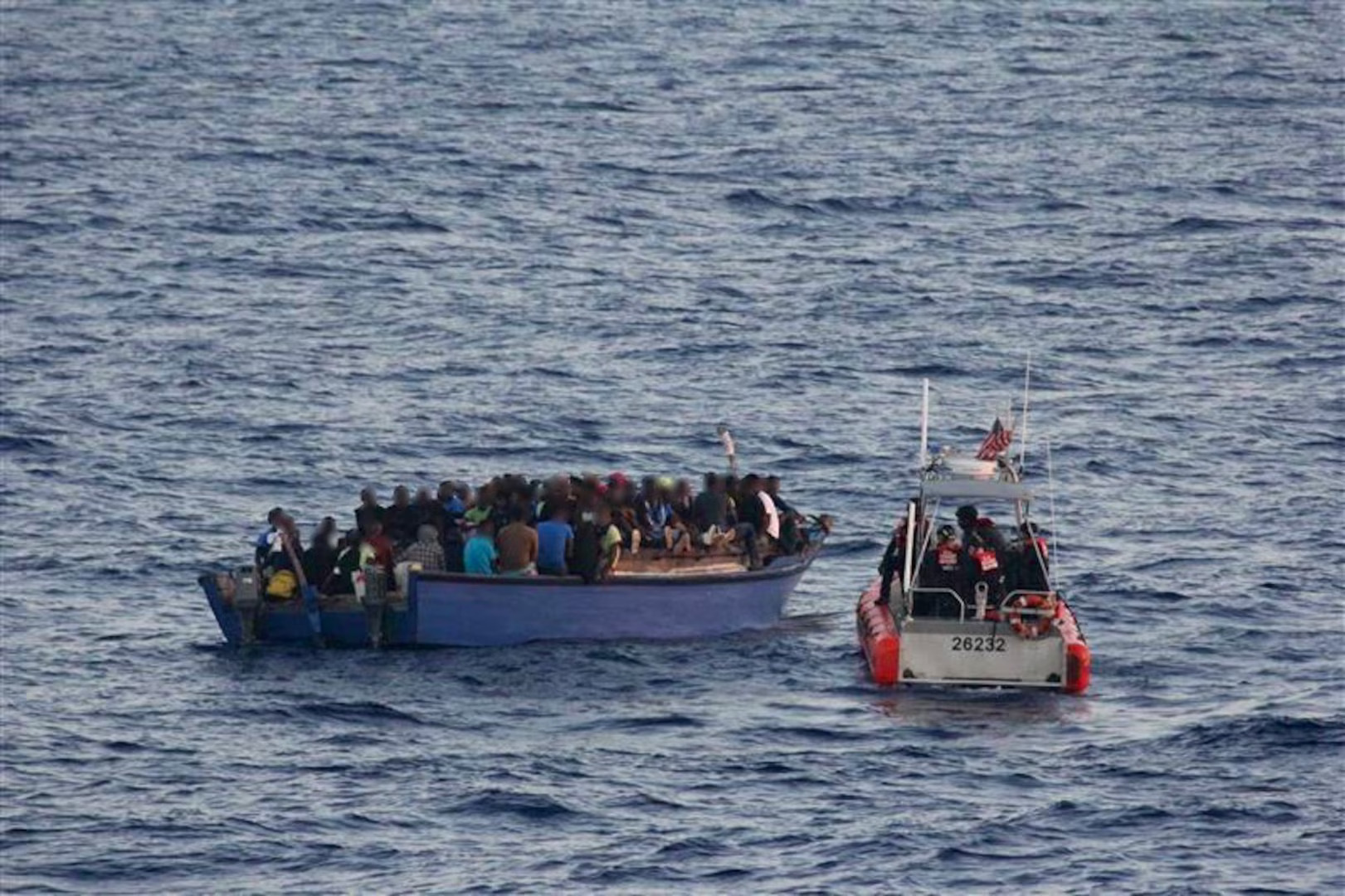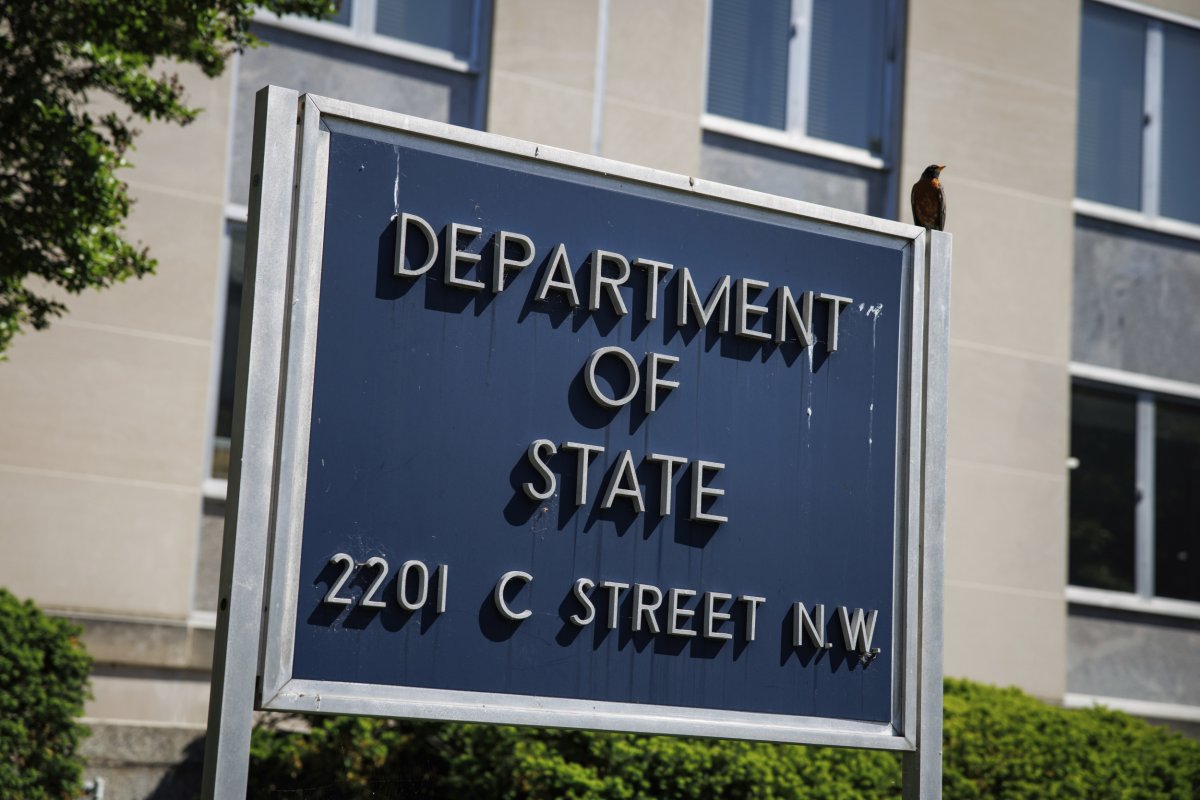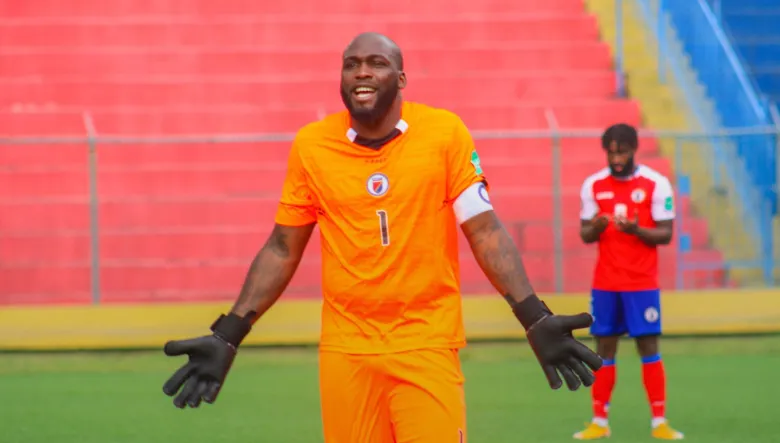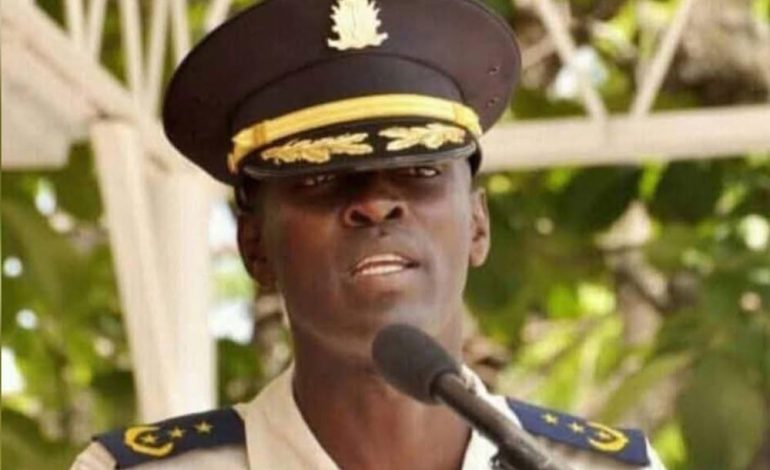Port-au-Prince, August 8, 2025 – In a formal ceremony held at the Villa d’Accueil on Friday, August 8, Vladimir Paraison officially assumed his role as the new Director General of the Haitian National Police (PNH).
The installation ceremony brought together key national leaders, including the newly appointed President of the Transitional Presidential Council (CPT), the Prime Minister, cabinet members, and senior law enforcement officials.
A Change in Leadership
Paraison succeeds Rameau Normil, who led the PNH for more than a year during one of the most challenging security periods in Haiti’s modern history. His departure and Paraison’s appointment mark a significant shift at the helm of the country’s top law enforcement institution.
The decision to appoint Paraison comes at a time when public frustration with insecurity has reached a boiling point. The government hopes that new leadership will help redefine strategies to confront Haiti’s escalating gang violence and restore public confidence in the national police force.
The Challenges Ahead
The Haitian National Police faces enormous challenges across the country, particularly in the capital, Port-au-Prince, where armed gangs have expanded their control over neighborhoods, roads, and key entry points.
Daily kidnappings, armed confrontations, and violent attacks continue to destabilize the nation, straining both the police force and the justice system. The PNH also struggles with limited resources, insufficient equipment, and ongoing attrition among its ranks.
Observers note that Vladimir Paraison inherits an institution in urgent need of reform, investment, and morale-boosting leadership. His mandate will likely focus on:
- Restoring security in the metropolitan areas most affected by gang violence.
- Reinforcing police capacity, including better training, equipment, and logistics.
- Strengthening collaboration with international partners providing security assistance.
- Rebuilding trust between the police force and citizens, many of whom have lost faith in the state’s ability to protect them.
Public Expectations
For many Haitians, Paraison’s appointment represents a new chance to reverse the tide of insecurity. Public expectations are high, with communities across the country hoping for visible improvements in safety and stronger state authority in areas dominated by gangs.
Security analysts caution, however, that change will not happen overnight. Addressing Haiti’s entrenched security crisis will require not only police reform but also broader political will, social investment, and international support.
Conclusion
The installation of Vladimir Paraison as Director General of the Haitian National Police is a pivotal moment in Haiti’s struggle against violence and instability. His leadership will be closely watched by both the Haitian population and the international community, who see the police as a central actor in the country’s fragile transition.
As Paraison takes the reins, the question remains: will his leadership mark the beginning of a stronger, more effective police force — or simply another chapter in Haiti’s long battle with insecurity?









